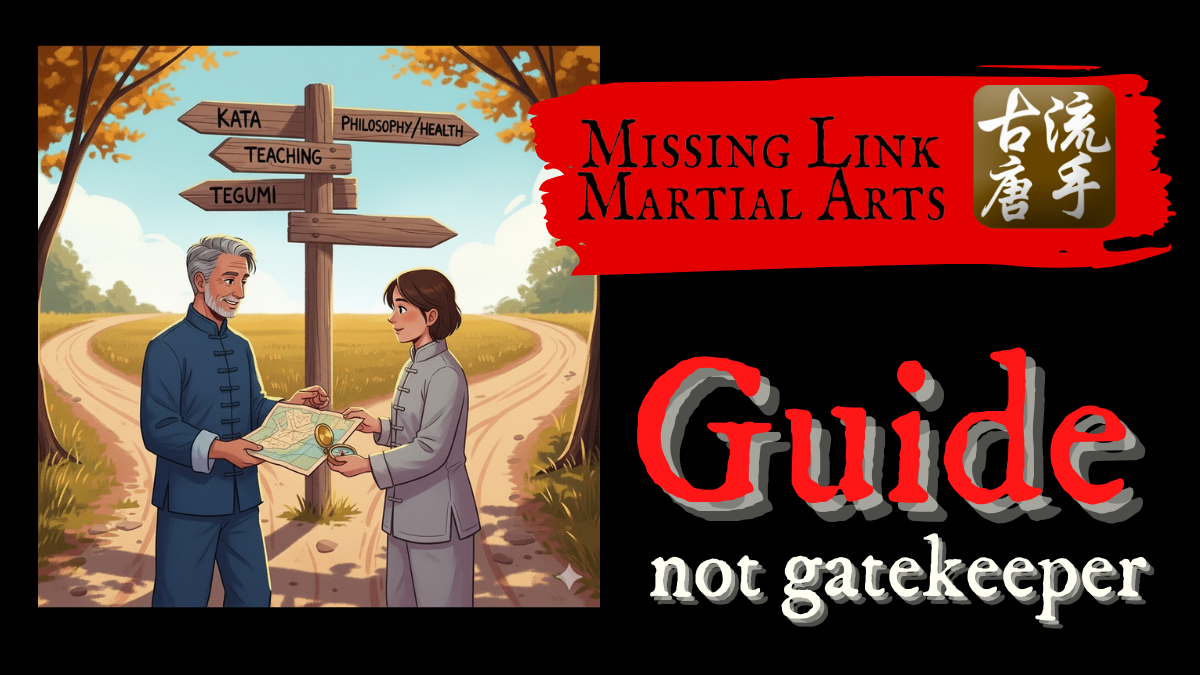Why Missing Link teachers are guides, not gatekeepers
It’s a familiar figure in any dojo, in any art. The competitor who is untouchable in point-sparring but freezes when the context changes. The kata specialist whose form is a breathtaking display of athletic perfection, yet who possesses only a superficial understanding of its application. The historian who can trace the lineage of a technique back through centuries but struggles to make it work against a resisting partner.
These are the "Island Talents." They have dedicated themselves, often with immense discipline, to mastering a single, specific territory within the vast world of martial arts. Their skill on that island is undeniable - and impressive athletes and technicians. Charisma and skill is magnetic.
Looking into the history of martial arts, this is how martial arts styles developed: Outstanding martial artists attracted disciples and students. You all know the endless discussions about lineage, who taught whom, who was a closed door student or who was just an outside student, all this ego tripping and name dropping. The fight about tradition in martial arts is often a fight about charismatic leaders of a distant past… or the legends and myths surrounding them, used by charismatic leaders of the current time.
Learning from the best is a good idea, isn’t it?
In fact, many modern martial arts schools are built entirely around this model: an extraordinary individual teaches students who are inspired by them and want to replicate what they do. The problem is that not every student can. A system built around a single person’s unique talents only truly works for students who share a similar physique, mindset, and set of abilities. A 6'4" powerhouse who excels at close-range striking builds a brilliant system for other 6'4" powerhouses. A lightning-fast competitor who relies on timing and agility creates a method that feels like magic… until a student without that same gift of speed tries to apply it under pressure.
A wise student must recognise this. They should seek out more than one teacher, collecting perspectives. They should keep searching for an instructor or a system that truly suits their own individual nature. But more important: A good teacher should recognise this. Here is where a teacher is more than just an instructor. Because their approach is holistic — not an Island Talent, but a guide who puts the student first and offers a system that allows them to grow in the areas where they can best excel.
For us, this is a foundational principle. A healthy martial arts concept must value the skills, charisma, and deep knowledge of Island Talents. We want them in our community, as both teachers and students. But we must never reduce our own system to a single island.
Our goal is to empower the student and, in doing so, grow the collective knowledge base of Missing Link Martial Arts. This is also why lineage, in the traditional sense, doesn't matter much to us. We are less interested in who a teacher learned from than in what they can offer the student standing in front of them right now.
The wide open approach of Missing Link
We address this in our book “Missing Links of Martial Arts”. The goal is to "encourage holistic development rather than specialist island abilities". This is the philosophical core of our post-black belt path.
Why is this so important? Because martial arts, when reduced to a narrow focus, lose their utility for a lifelong practice. Many contemporary styles become limited by a narrow syllabus and the rules of their competitive systems. This creates experts in a game, but not necessarily well-rounded martial artists. We see this in the simplification of mainstream Karate, where a deep and versatile art can sometimes become nothing more than a wonderful form of gymnastics with a partner.
The analysis of individual styles alone, as mere "snapshots" in time, makes a deeper understanding impossible. The practitioner becomes stranded on their island, unable to see the connections to the wider world of conflict, health, and philosophy. They may become an expert, but it is the "settled, limited point of view of established experts" that our community seeks to move beyond.
The Solution: Building Bridges, Not Islands
Our solution is embedded in the structure of our curriculum and philosophy. It’s not about rejecting expertise, but about connecting it.
- A Multi-Faceted Master Path: Unlike a traditional Dan-grade system that often represents a linear progression in a single skillset, our Okuden/Kaiden Master Levels require a practitioner to develop across four distinct fields of knowledge: Form/Kata, Fighting/Tegumi, Teaching, and Philosophy/Health. A martial artist cannot simply stay on their island of Kumite; they must build a bridge to the island of teaching, and from there to the island of health and philosophy. This ensures mastership is a versatile, holistic development.
- Connecting the Garden and the Jungle: We constantly use the metaphor of the "Japanese Garden" (sophisticated, ordered, beautiful Karate) and the "Chinese Jungle" (the chaotic, deep, and powerful roots of combat). The Island Talent is often a master gardener, meticulously cultivating a perfect plot. Our goal is to give that gardener a map and a compass, encouraging them to venture into the jungle to understand where the seeds for their garden truly came from. This connection between tradition and modern application, between different cultural sources, is the very definition of a "missing link".
- Prioritising Lifelong Learning: We are dedicated to "intelligent, healthy and lifelong practice" over short-term athletic performance. The Island Talent often thrives in the world of competition, which is by nature a young person's game. What happens when the body can no longer perform at that peak? The Missing Link approach provides a path forward, where physical prowess evolves into deeper knowledge of health, philosophy, and teaching.
We don’t want to be masters of a single, isolated skill. We are a community for martial artists who "think outside of the box". The goal isn't to build the tallest tower on one island, but to build the bridges that connect them all. That is where the real journey begins.
Here is the book:
Missing Links of Martial Arts - https://amzn.eu/d/86L1Ive


